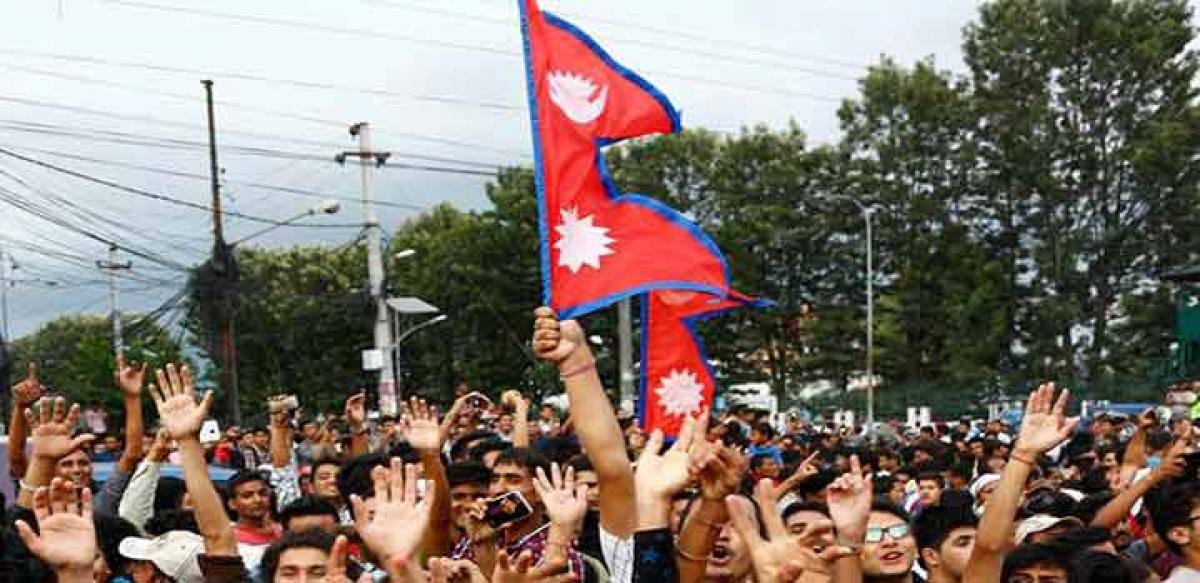Live
- Hyderabad Achieves 26% Reduction in PM10 Levels in 2023-24, Improving Air Quality
- Tired And Stressed As A Parent? Try These Easy Life Hacks
- Supreme Court issues notice on PIL seeking directions to integrate legal education, self-defence training into school curriculum
- Oneplus 13 Launch: OnePlus Vows Snapdragon 8 Elite and Hasselblad Cameras
- Bengal school jobs case: Arpita Mukherjee granted bail; new HC Bench to look into Partha Chatterjee's plea
- Working to provide social security for gig and platform workers: Govt
- Bangladesh records 11 dengue deaths, toll rises to 459
- Vocera Raises $500K from Y Combinator to Revolutionize Voice AI Testing and Evaluation
- GQG Partners Refuses to Sell Adani Stocks Despite Bribery Scandal and 26% Loss
- Bihar: Four persons including girl injured in post bypolls violence in Gaya





.jpg)




